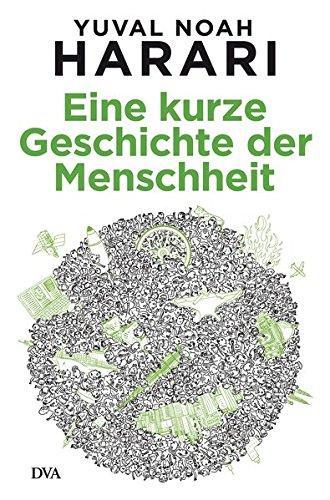Maia@bookwyrm.social reviewed Sapiens by Yuval Noah Harari
Sapiens
4 stars
Lots to think about... I loved some of it, and many of the ideas presented made me question my outlook of the world! He also, however, threw a few curved balls, and let myth sit as fact in places. One of my favourite stories from the book, the one about Buzz Aldrin and the Native American, looks to be a myth for example. Other sections just didn't come to much (the chapter on gender for example, although it was written 2011 and these debates develop quickly). It is interesting to see how the book has aged... sometimes well, sometimes not so much. Overall worth the read, and helpful for reflecting on these things.
Lots to think about... I loved some of it, and many of the ideas presented made me question my outlook of the world! He also, however, threw a few curved balls, and let myth sit as fact in places. One of my favourite stories from the book, the one about Buzz Aldrin and the Native American, looks to be a myth for example. Other sections just didn't come to much (the chapter on gender for example, although it was written 2011 and these debates develop quickly). It is interesting to see how the book has aged... sometimes well, sometimes not so much. Overall worth the read, and helpful for reflecting on these things.




